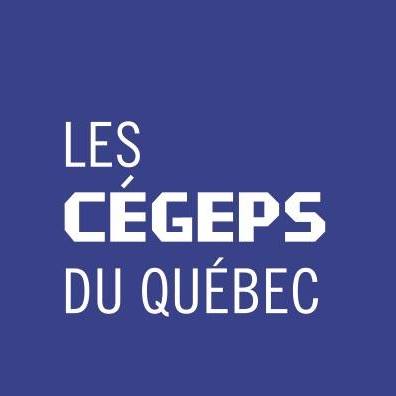This program trains individuals to work as urban planning technicians or municipal inspectors.

This program trains individuals to work as urban planning technicians or municipal inspectors. Urban planning technicians carry out different technical tasks related to urban or rural planning.
They help plan and monitor residential, commercial, industrial, recreational, agricultural, natural as well as other types of areas within a given territory.
They work for public and parapublic organizations or private businesses in collaboration with urban planners, architects, engineers and land surveyors in order to plan interventions within the territory.
They conduct field surveys, compile, analyze and weigh the data helpful to decision-making, and design, create and present development plans and drawings.Municipal inspectors work in local and regional municipalities.
In small municipalities, they handle all aspects of the tasks entrusted to them on their own.
They ensure that municipal by-laws are respected, and inform citizens and members of the municipal council on issues concerning urban development and planning.
They also issue permits and certificates in keeping with the provisions of urban by-laws, inspect the territory and uncover violations. They report any infractions to the council and follow-up on individual cases.
In larger municipalities, inspectors’ tasks tend to be more specialized and generally include only part of those previously described.
This program of study ensures versatility by providing students with a set of general skills focused on: communication and the ability to interact with individuals (citizens, elected officials and clients), work teams and other specialists; the ability to adapt to different people, situations, contexts of intervention and work environments; analysis and interpretation based on the application and connection of multidisciplinary knowledge; problem-solving and decision-making resulting in relevant, effective and well-founded actions.
This program trains individuals to become fashion designers. Fashion designers create clothing lines and continually fine-tune and update them. They work in various sectors of the garment industry: clothing for women, men and children, fur, occupational clothing, etc.
They can work as salaried employees, run their own businesses and market their own creations, or even freelance and offer their services to various companies. Fashion designers create clothing lines at a frequency determined by the company they work for. In doing so, they help design collections as well as plan, organize and supervise the work required to create it.
The designer’s main challenge is to continually produce clothing lines that meet customers ever-changing needs, all within a short time frame. These individuals must be extremely versatile, considering the multitude of tasks they are called upon to perform. Having an open mind, a good knowledge of technologies used in the field as well as a mastery of English are also considered assets in this profession.
Fashion designers dictate much of the work that goes on in other company departments. As a result, they must work closely with other professionals in the field and ensure that their activities remain coordinated throughout the production process.
Fashion designers play a central role in the company. They are responsible for creating clothing collections that stand out from the competition while respecting the needs of their clientele and the company’s requirements.
Current trends show that a company’s success rests in large part on the designer’s ability to understand the clientele’s needs in order to be able to create original pieces that are perfectly adapted. This particular profession is perfect for those who are highly creative and who can deal with the many challenges that come with working in the garment industry.
© 2025 coursetakers.com All Rights Reserved. Terms and Conditions of use | Privacy Policy